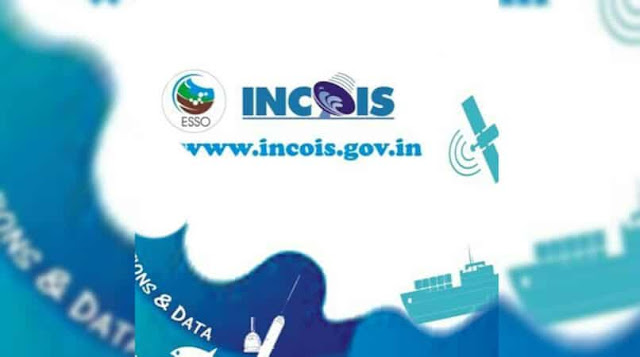 |
| Ocean Floor Mapping: Enhancing Forecasting Accuracy [Image Source: Telangana Today] |
India, situated amidst the vast expanse of the Indian Ocean, occupies a pivotal position in comprehending ocean currents and their profound influence on weather and climate forecasts. A recent study conducted by scientists from the Indian National Centre for Ocean Information Services (INCOIS) underscores the criticality of charting the Indian Ocean floor to refine our understanding of currents and bolster forecasting precision.
Mapping the Indian Ocean Floor:
- INCOIS researchers, Raheema Rahman and Hasibur Rahaman, embarked on a comprehensive study to delineate the bathymetry of the Indian Ocean.
- Their investigation unveiled previously underestimated coastal currents surrounding India, indicative of a significant disparity in existing ocean modeling systems.
- The bathymetric analysis yielded substantial enhancements in upper ocean characteristics, including salinity, temperature, and currents, particularly in coastal regions.
Key Insights from the Study:
- Deep-seated swirling patterns contrary to surface currents were identified, shedding light on intricate ocean dynamics.
- The East India Coastal Current (EICC) displayed varying behaviors at different depths, diverging from surface current expectations.
- The presence of the Maldives Islands emerged as a pivotal factor influencing the Equatorial Under Current (EUC) and its directional flow.
Significance of Ocean Dynamics:
- Oceans serve as linchpins in weather and climate forecasting, as well as in maritime operations.
- Accurate prediction of oceanic parameters such as currents, temperature, and salinity is indispensable across various domains.
- The study underscores the indispensable role of bathymetric data in refining ocean circulation models, thus advancing our comprehension of ocean dynamics and augmenting forecasting accuracy.
About the Indian National Centre for Ocean Information Services (INCOIS):
- An autonomous entity under the Ministry of Earth Sciences, Government of India, INCOIS was established in 1999 and is headquartered in Hyderabad.
- Its primary mandate encompasses the provision of oceanic data, information, and advisory services.
- INCOIS's focal areas encompass ocean observation, modeling, forecasting, and data management, facilitated by a range of observational systems including Argo floats and drifting buoys.
- The organization's services span potential fishing zone advisories, ocean state forecasts, and early tsunami warnings, underpinning its pivotal role in ocean dynamics research for climate and weather prediction.
